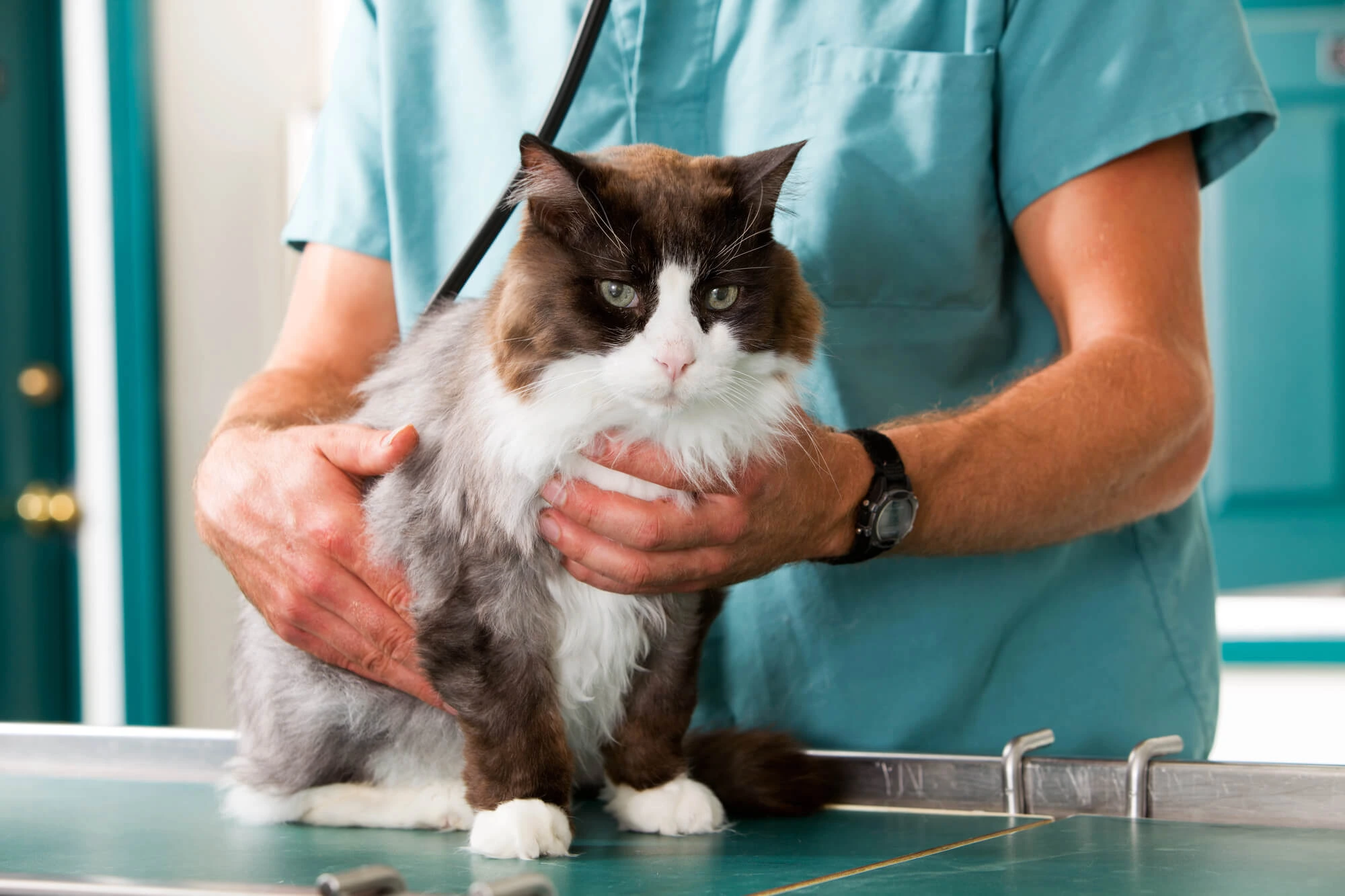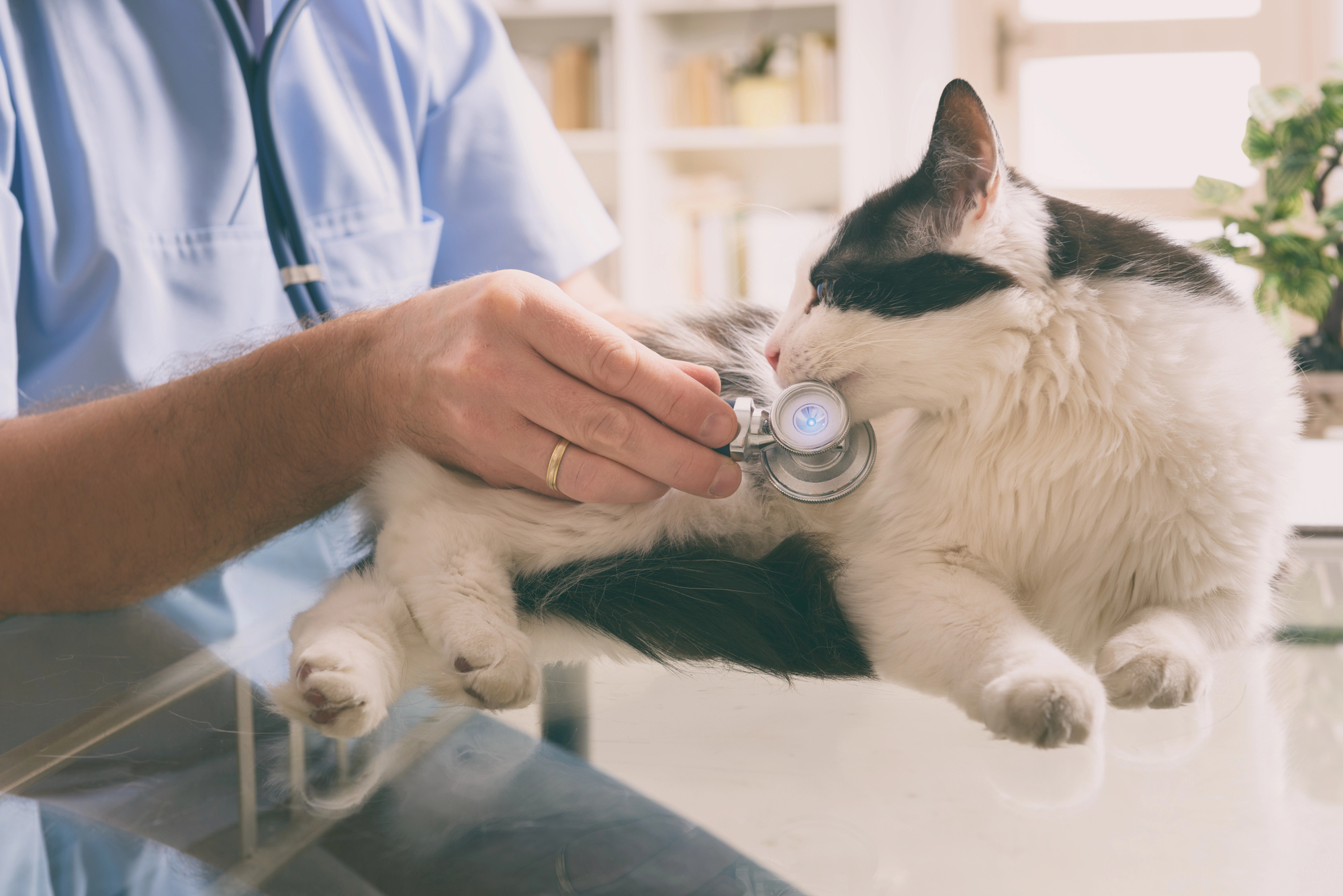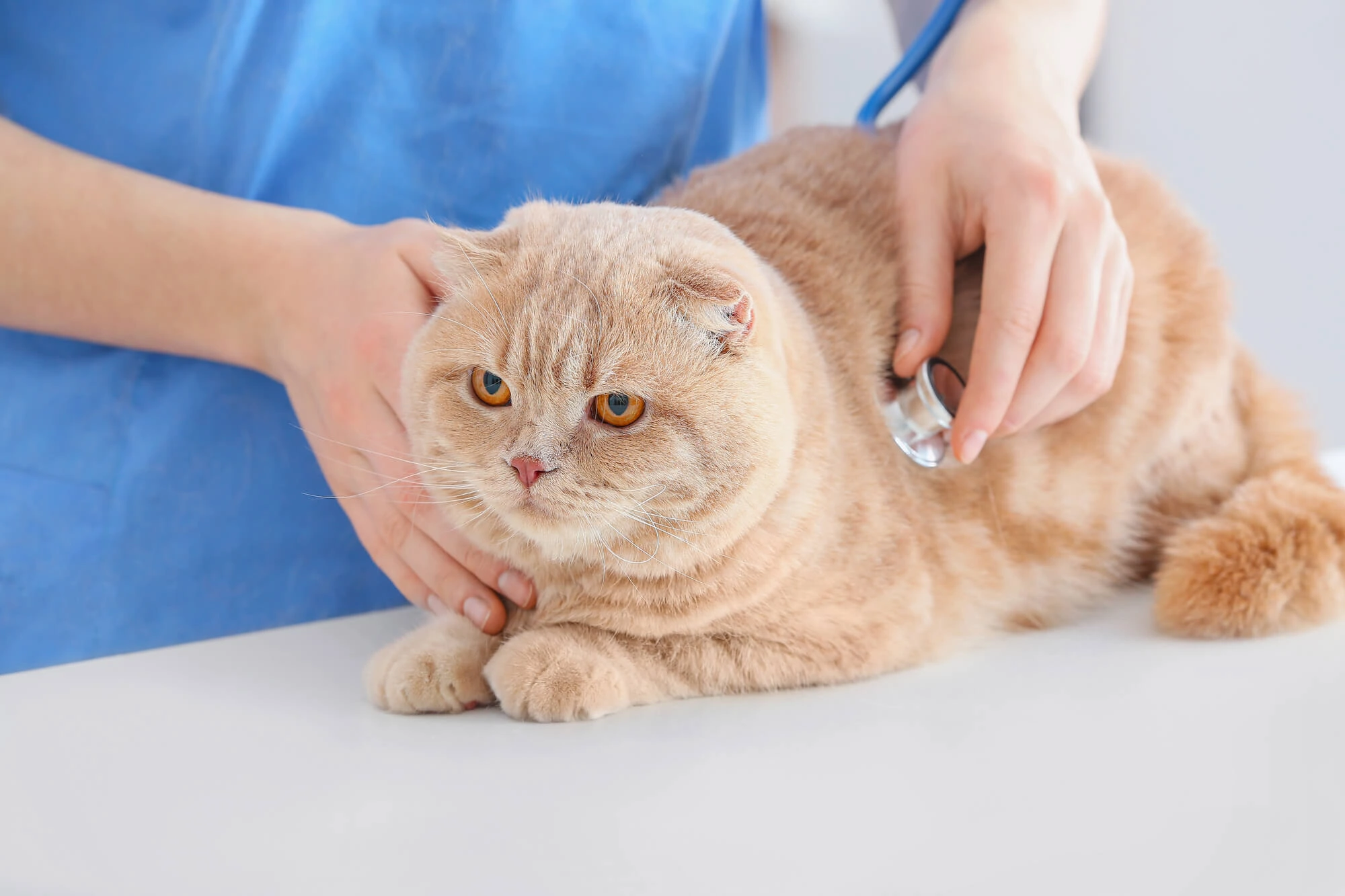Recognizing Digestive Problems in Pets: Signs and Solutions

Recognizing Digestive Problems in Pets: Signs and Solutions
Digestive issues are among the most common reasons pet owners seek help from their veterinarian. When your dog or cat suddenly begins vomiting, loses their appetite, or shows signs of discomfort, it is only natural to worry. At Golden Heart Veterinary Care, located at 13205 Reams Rd, Suite 172, Windermere, FL 34786, our veterinary team understands how distressing digestive problems can be for both pets and their families. That is why we are committed to providing comprehensive care and clear guidance for pet digestive problems in Windermere and surrounding communities.
In this blog, we will help you recognize the telltale signs of digestive trouble in dogs and cats, explain common causes, and discuss how our veterinary professionals diagnose and treat these conditions. You will also find tips for prevention and guidelines on when it is time to schedule an appointment with our experienced team. Whether you are searching for pet diagnostics in Windermere, wondering about “vet near me” options, or simply want to keep your pet healthy and comfortable, this guide is designed to support you every step of the way. For pet owners concerned about sudden symptoms or ongoing digestive issues, our wellness examinations offer a proactive way to catch and address problems early.
Spotting Digestive Problems in Dogs and Cats
Key Signs Your Pet May Have a Digestive Issue
Understanding what is normal for your pet is the first step in recognizing when something might be wrong. Digestive problems in pets can show up suddenly or develop gradually over time. Common symptoms include vomiting, which many owners notice as their pet bringing up partially digested food or bile. Diarrhea is another obvious sign; stools may become loose, watery, or even contain traces of blood or mucus. Other changes can be more subtle, such as a loss of appetite, increased drooling, or visible discomfort when moving or being touched around the abdomen.
Some pets may become lethargic, seem less interested in play, or isolate themselves. Weight loss can occur over days or weeks if the problem is ongoing. Additionally, you might notice signs like excessive gas, straining to defecate, or repeated attempts to vomit without producing anything. While an occasional upset stomach is not unusual, persistent or severe symptoms should always be taken seriously.
When Occasional Upset Becomes Cause for Concern
It is not uncommon for pets to have a mild digestive upset if they eat something unusual or experience a brief change in routine. However, repeated episodes of vomiting or diarrhea, especially when accompanied by other symptoms like dehydration, fever, or a swollen abdomen, may signal a more serious problem. In these cases, prompt attention from a veterinary team is crucial to protect your pet’s health. If you notice any combination of these symptoms lasting more than a day, or if your pet seems especially uncomfortable, it is time to consider scheduling a comprehensive pet exam.
Why Do Pets Develop Digestive Problems?
Common Causes of Digestive Issues
Pet digestive problems can arise from a variety of causes, and understanding these can help you prevent future issues. Dietary indiscretion is one of the most frequent culprits, with dogs and cats often eating things they should not—such as table scraps, spoiled food, or foreign objects. Sudden changes in diet, new treats, or even switching brands of pet food can trigger digestive upset in sensitive animals. Food allergies or intolerances are another possibility, particularly if symptoms recur after eating specific ingredients.
Infectious diseases, including viral or bacterial infections, can cause severe gastrointestinal symptoms. Parasites such as roundworms, hookworms, or giardia are also common in both puppies and adult pets, especially if preventative care routines are not followed. Chronic conditions like inflammatory bowel disease, pancreatitis, or liver and kidney disease may also affect digestion, resulting in ongoing symptoms. Poisoning from toxic plants or chemicals, as well as certain medications, can cause acute digestive distress.
Environmental and Local Factors
Living in Windermere and its warm climate can increase the risk of certain parasites and infectious agents, making regular preventive care and prompt attention to symptoms even more important. Pets that spend time outdoors or interact with wildlife and other animals may be at higher risk for ingesting harmful substances or contracting contagious illnesses.
How Veterinary Professionals Diagnose and Treat Digestive Problems
Diagnostic Tools and What to Expect
When you bring your pet to Golden Heart Veterinary Care for digestive issues, our veterinary team will start by gathering a thorough history and performing a complete physical examination. Depending on your pet’s symptoms and history, we may recommend advanced pet diagnostic laboratory services in Windermere to uncover the underlying cause. This can include blood tests, fecal exams to check for parasites, and urinalysis. For more complex cases, imaging tools such as digital radiology, CT scans, or vet ultrasounds are available at our hospital to help visualize the digestive tract and identify obstructions, masses, or abnormalities.
Allergy testing may be considered if food sensitivities are suspected, while more specialized tests can help pinpoint chronic conditions. The goal is always to accurately diagnose the issue so that treatment can be tailored to your pet’s specific needs.
Treatment Options for Pet Digestive Problems
Treatment approaches depend on the cause and severity of your pet’s symptoms. For mild cases of pet digestive problems, supportive care—such as temporary fasting, gradual reintroduction of food, and hydration—may be sufficient. More serious cases, such as those involving persistent dog and cat vomiting or bloody diarrhea, may require hospitalization, intravenous fluids, or medications to control nausea and inflammation. If an infection or parasites are detected, targeted medications will be prescribed.
In cases where a foreign object or mass is found, surgical intervention may be necessary. Our veterinary professionals are equipped to provide surgical services and post-operative care as needed. If allergies are the root cause, dietary modifications or hypoallergenic diets may be recommended, sometimes alongside pet allergy testing services to identify specific triggers.
Throughout treatment, our team will keep you informed at every step and provide guidance for at-home care and follow-up. We believe that education and clear communication are essential, which is why we take time during each visit to answer your questions and provide personalized support.
How to Prevent Digestive Issues at Home
Practical Steps for Pet Owners
Preventing pet digestive problems starts with consistent routines and attentive care. Feed your dog or cat a high-quality, balanced diet appropriate for their age and health status, and avoid giving table scraps or unfamiliar treats. Gradually introduce any dietary changes over several days to reduce the risk of upset. Store food safely to prevent spoilage, and keep garbage or toxic plants out of reach.
Regular parasite prevention and prompt treatment for any illnesses are vital, especially in Windermere where environmental factors may increase risks. Maintaining annual wellness exams ensures that potential problems are detected early. If your pet has a known food allergy or sensitivity, work with our veterinary professionals to develop a suitable meal plan and monitor for any changes in symptoms.
Early Action and Monitoring
Keeping a close eye on your pet’s behavior, appetite, and stool quality helps you spot early warning signs. If you notice changes that do not resolve quickly, documenting symptoms and sharing your observations with our veterinarians can assist in accurate diagnosis and effective treatment. This proactive approach is especially important for puppies, kittens, senior pets, or those with chronic health conditions.
When to Seek Veterinary Care for Digestive Problems
Guidelines for Pet Owners
It can be difficult to know when a digestive issue warrants immediate veterinary attention. In general, if your pet experiences repeated vomiting or diarrhea for more than 24 hours, shows signs of pain or lethargy, or stops eating and drinking, you should schedule an appointment as soon as possible. Blood in vomit or stool, sudden weight loss, a swollen or tender abdomen, or collapse are all urgent warning signs that require prompt evaluation.
For pet owners seeking “veterinarian near me” or “pet diagnostics near me,” Golden Heart Veterinary Care offers a full range of diagnostic and treatment services tailored to your pet’s needs. Our approach is always centered on your pet’s comfort and long-term health, which is why we encourage proactive care and open communication.
If you are ever unsure, it is always better to err on the side of caution and consult with our veterinary professionals. Early intervention can make all the difference in your pet’s recovery and quality of life.
Supporting Your Pet’s Digestive Health in Windermere and Beyond
Digestive problems can be distressing, but with attentive care and support from a trusted veterinary team, most pets recover well and return to their happy, healthy selves. At Golden Heart Veterinary Care, we are dedicated to providing compassionate, comprehensive care for pets in Windermere and surrounding communities. Our experienced veterinarians use advanced diagnostic tools and a personalized approach to address everything from mild upsets to complex digestive conditions.
If your pet is experiencing symptoms such as vomiting, diarrhea, or appetite changes, do not wait for the problem to worsen. Schedule an appointment with our team for a wellness examination or to discuss pet diagnostic laboratory services in Windermere. We are here to answer your questions, guide you through treatment options, and support your pet’s ongoing health.
For trusted, quality veterinary services near me, reach out to Golden Heart Veterinary Care today at (407) 392-1888 or visit our location in Windermere. Your pet’s wellbeing is our top priority, and our veterinary team is committed to being your partner in every stage of your pet’s life.
This blog is intended for informational purposes only and should not substitute for professional veterinary advice. If your pet is exhibiting severe symptoms or you have concerns about their health, please contact our veterinarians for a thorough evaluation.






















